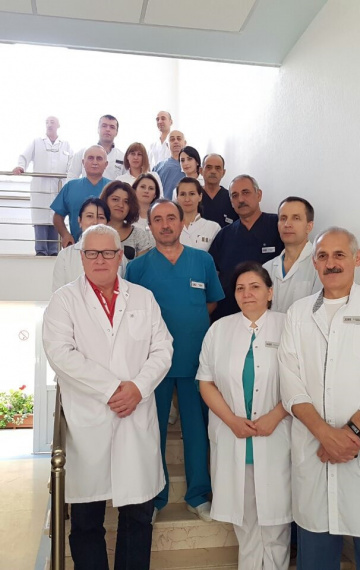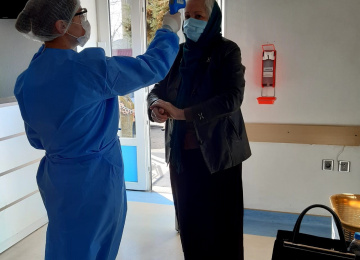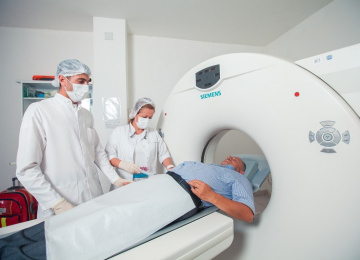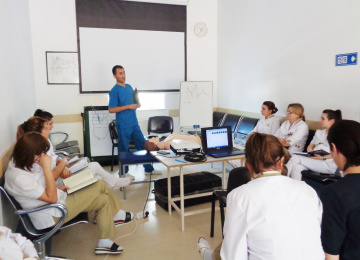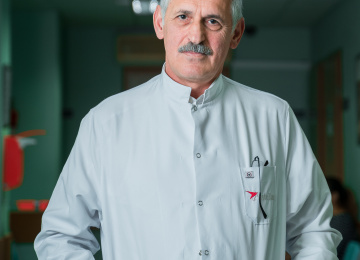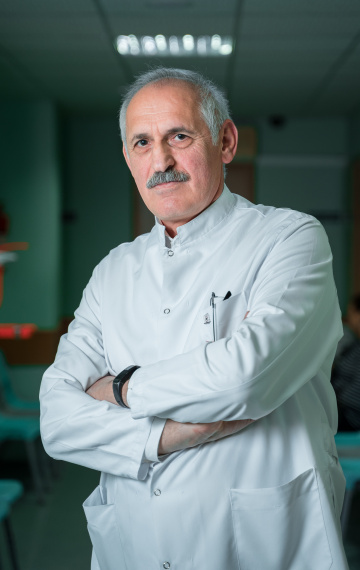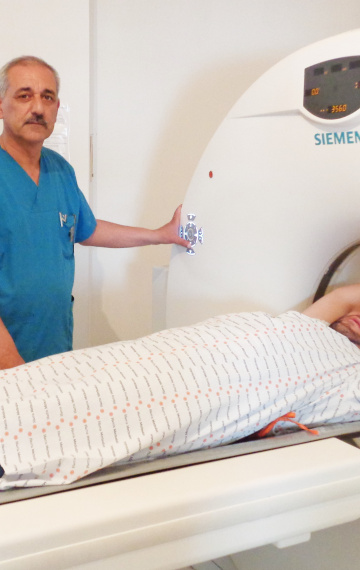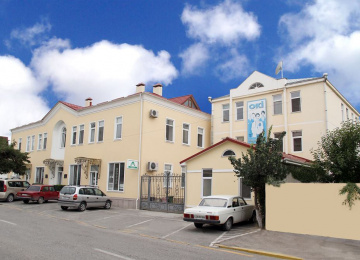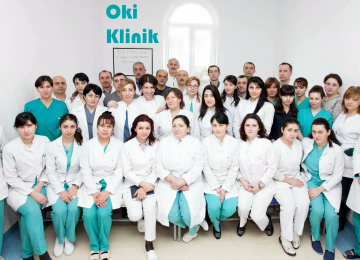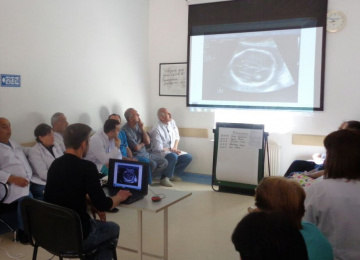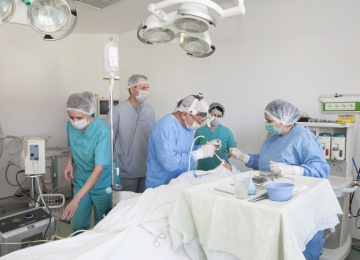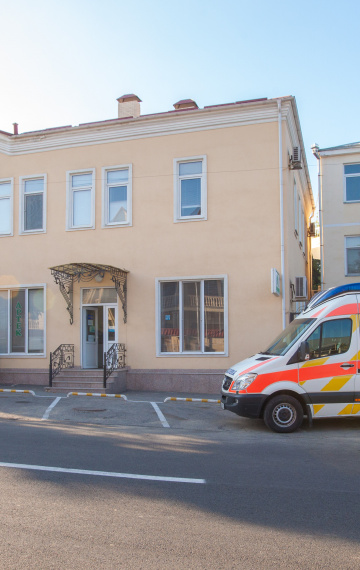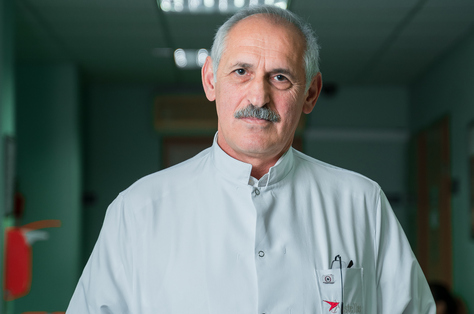
One of the country’s first private clinics continues to improve the quality of medical services
Medicine does not stand still and most medical institutions try to move with the times, buying the latest equipment for the treatment of patients. Through projects implemented jointly with the EU as part of its EU4Business Infinitive and the EBRD, one of the first private clinics in Azerbaijan, OKI, has been able to expand its material and technical resources to provide high-quality services.
Growing resources to improve health
The OKI clinic is known in Azerbaijan as a multidisciplinary modern medical clinic that patients trust. Operating in the northern region of the country since 1997, this healthcare facility is one of the earliest private medical centers and has maintained a leading position in medicine for more than 20 years. OKI employs more than 150 and provides the local population with preventive, therapeutic, diagnostic, advisory and rehabilitation services in more than 40 areas.
In order to continue to provide high-quality medical care to the public, even a clinic with extensive experience needs to expand its material and technical resources. Access to the latest technologies is very important and that means investment. With the help of the EBRD and the EU4Business Initiative, the OKI clinic succeeded.
Improving healthcare management
The OKI clinic has been working with the European Bank for Reconstruction and Development since 2017. During this time, the clinic was able to implement one project with EU support. It was related to programming healthcare management based on new technologies at the OKI clinic. This was successfully done.
“Development always requires investment,” says OKI director Malik Kerimov. “However, if you’re an SME, there is no way to do on your own, even when it’s really necessary. This is where the support of the EBRD and the EU makes a difference. They invest in projects that contribute to the transition to an open market economy and to the development of private and entrepreneurial activities.”
After the project, the OKI clinic saw considerable improvements in healthcare management. Cooperation with insurance companies has also expanded significantly. Gradually, professionals who attend international and regional conferences joined the clinic’s medical staff. On October 30, 2018, the implementation of the second project began – the OKI clinic is turning into a modern medical center.
“The strategy of this project is to provide better services for the diagnosis, management and treatment of cardiovascular risks,” notes Kerimov. “OKI plans to open a new angiography department. The second part of the strategy is the professional development of medical personnel, which includes exchange programs with leading foreign clinics.”
The COVID-19 pandemic slowed the second project down and some planned activities have been postponed. Still, OKI Director Malik Kerimov feels hopeful that soon it will be possible to complete the project and to successfully continue the learning and development process. Moreover, OKI will not stop at this. The medical center intends to improve the qualifications of its personnel further and continues to offer new types of medical services to its clients. OKI’s future looks healthy.

